US President Donald Trump is under fire for the way he speaks to women journalists. During a recent exchange with reporters on Air Force One, he cut off Bloomberg’s Catherine Lucey, told her to be “quiet,” and followed it up by calling her “piggy.”
The remark travelled fast online, triggering criticism from various journalists and media watchdogs who said the president was using demeaning language toward a woman simply doing her job.
And this is not a one-off moment. Trump has a long record of dismissive, personal, and often sexist comments aimed at women in the press.
Here’s a closer look
What happened?
The remark came during a gaggle aboard Air Force One, an exclusive on-the-record interaction the White House press pool gets during the president’s travels.
Catherine Lucey, Bloomberg’s White House correspondent, used the opportunity to ask Donald Trump about the ongoing controversy over the files and whether the House might vote to release them.
At one point, Lucey tried to interject. She began asking, “if there’s nothing incriminating in the files…,” but Trump did not let her finish. Instead, he cut her off, pointed at her, and said, “Quiet. Quiet, piggy.”
Who is Catherine Lucey?
Catherine Lucey is a senior journalist and a White House Correspondent for Bloomberg News, with more than two decades of experience covering national politics.
Before joining Bloomberg, she worked at the Associated Press, where she covered the White House and major political developments.
She later moved to the Wall Street Journal, reporting on elections, policy, and national campaigns. Over the years, her reporting has taken her across the United States and to several countries in Europe, Asia, South America, the Middle East, India, and Ireland.
Outrage over Trump’s ‘piggy’ remark
The exchange quickly went viral, sparking criticism from across the media. Many journalists and commentators accused Trump of demeaning a reporter simply for doing her job.
“Disgusting and completely unacceptable,” CNN anchor Jake Tapper wrote on X while sharing a clip of the moment. Former Fox News anchor Gretchen Carlson also called the remark “disgusting and degrading”.
Bloomberg News issued a response on Tuesday afternoon, defending its reporter and the work of the press. “Our White House journalists perform a vital public service, asking questions without fear or favour,” a spokesperson said. “We remain focused on reporting issues of public interest fairly and accurately.”
Notably, this is not the first time a woman has been called ‘piggy’ under Trump. Previously, a Trump administration official had called Miss Universe pageant 1996 winner, Alicia Machado, “Miss Piggy” and asked her to lose weight.
Trump’s troubling comments on female journalists
Trump’s run-ins with women journalists go back years, often turning tense and, at times, personal. Here’s a look at a few of those moments.
‘You are a terrible reporter’
During a recent White House visit by Saudi Crown Prince Mohammed bin Salman, ABC reporter Mary Bruce questioned MBS directly about the murder of journalist Jamal Khashoggi, saying, “US intelligence concluded that you orchestrated the brutal murder of a journalist, 9/11 families are furious that you are here in the Oval Office. Why should Americans trust you?”
Trump immediately cut in. “ABC fake news. One of the worst in the business,” he said, later scolding Bruce, “You don’t have to embarrass our guest by asking a question like that.”
The exchange grew even more heated when Bruce asked about the release of files related to Jeffrey Epstein.
Trump snapped, “It’s not the question that I mind. It’s your attitude. I think you are a terrible reporter.” He insisted he had “nothing to do” with Epstein and called the scandal a “hoax,” adding that her “crappy company is one of the perpetrators.”
He then urged US regulators to “look at” ABC’s broadcast licence before pointing at Bruce and saying, “No more questions from you.”
‘Nasty’
CBS News correspondent Weijia Jiang, a Chinese-American journalist, was also frequently targeted.
During a Rose Garden briefing during the COVID-19 pandemic, she asked why the White House was comparing US coronavirus testing to other countries.
Trump responded, “Ask China,” prompting Jiang to challenge him, “Sir, why are you saying that to me specifically? That I should ask China?”
He brushed her off by calling her question “nasty,” and on other occasions told her to “keep your voice down” and take her questioning “nice and easy.”
‘Blood coming out of wherever’
One of Trump’s earliest clashes with a female journalist came during the 2015 Republican primary debates, when then Fox News anchor Megyn Kelly questioned him about his past insults toward women.
Kelly pressed him, “Does that sound to you like the temperament of a man we should elect as president?”
He responded, “What I say is what I say.”
The fallout was swift. Trump spent days attacking her on TV and social media, even appearing to reference menstruation at one point in an effort to discredit her line of questioning.
“There was blood coming out of her eyes, blood coming out of her wherever,” he told CNN.
In a Fox News interview, he added, “I have zero respect for Megyn Kelly. I don’t think she is very good at what she does. She’s highly overrated.”
In 2017, The New York Times columnist Gail Collins recalled that Trump had once sent her copies of her columns that he disliked, calling her a “dog and a liar” with “the face of a pig.”
The president has also referred to several women, including his former White House aide Omarosa Manigault Newman and HuffPost’s Arianna Huffington, as “dogs.”
“Here’s the problem with political correctness,” Trump told CBS’ Face the Nation in 2016. “It takes too long. We don’t have time.”
with input from agencies


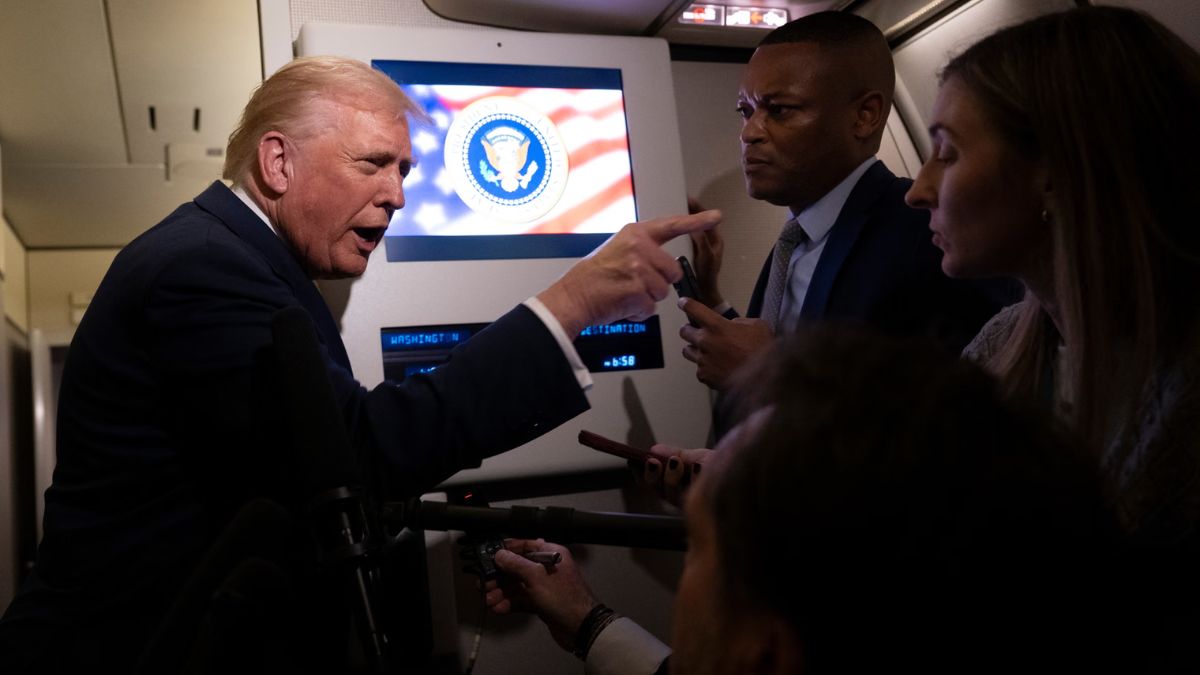)

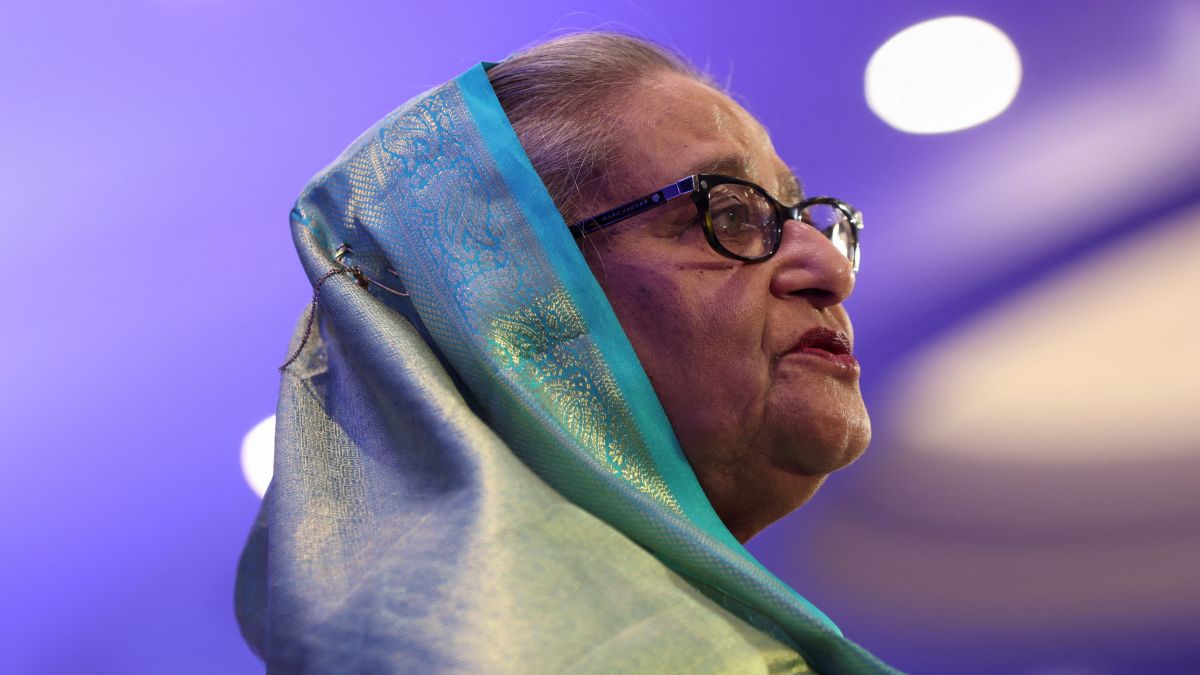)
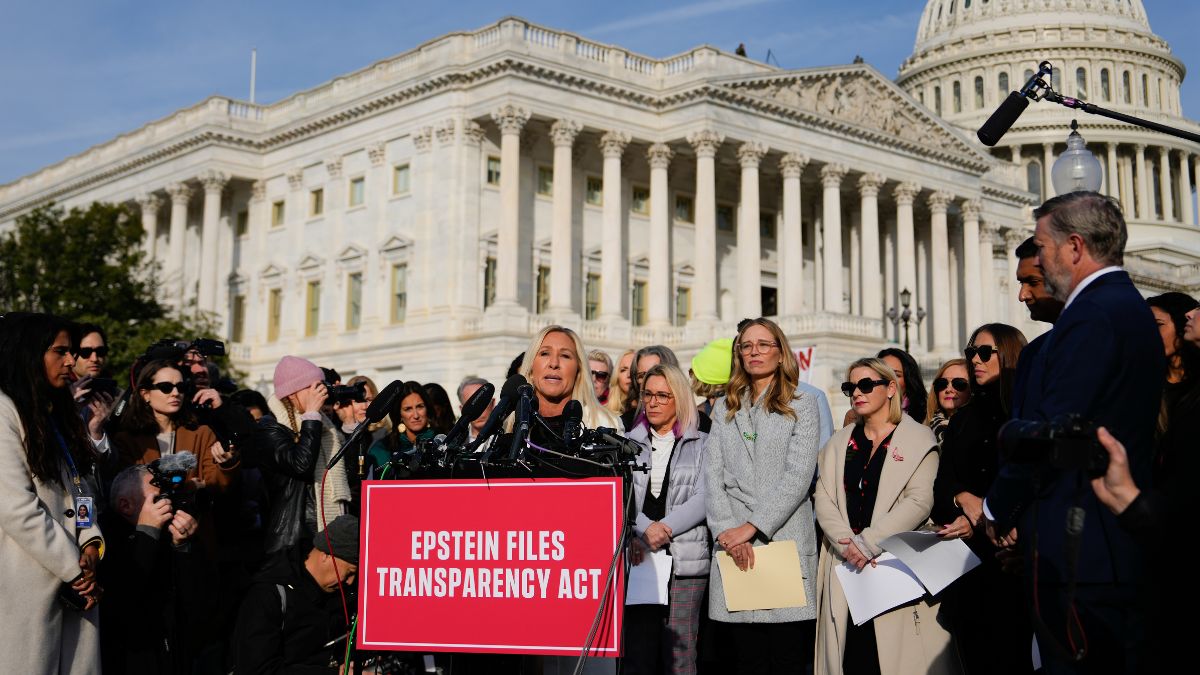)
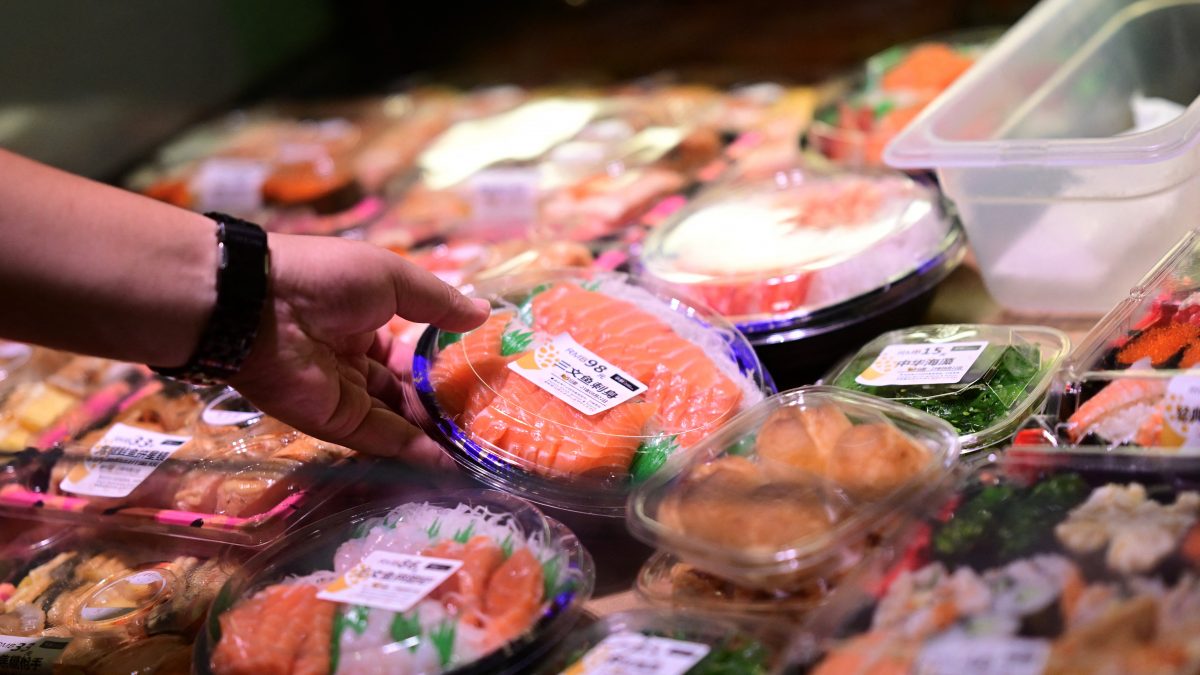)
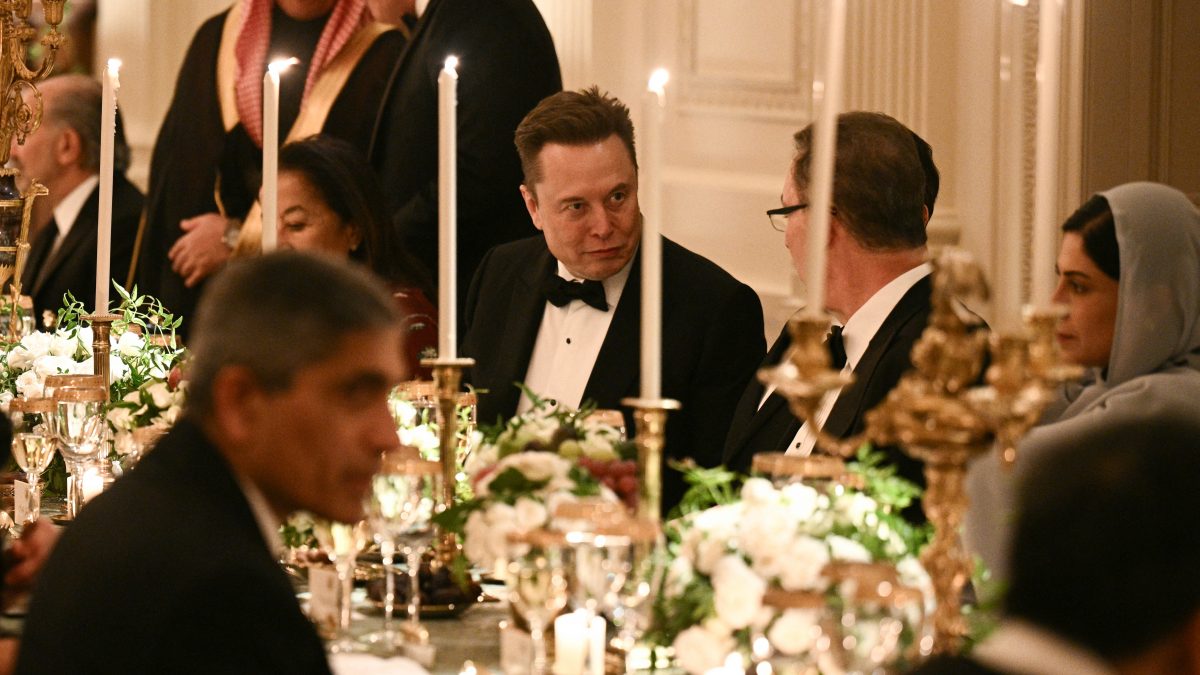)
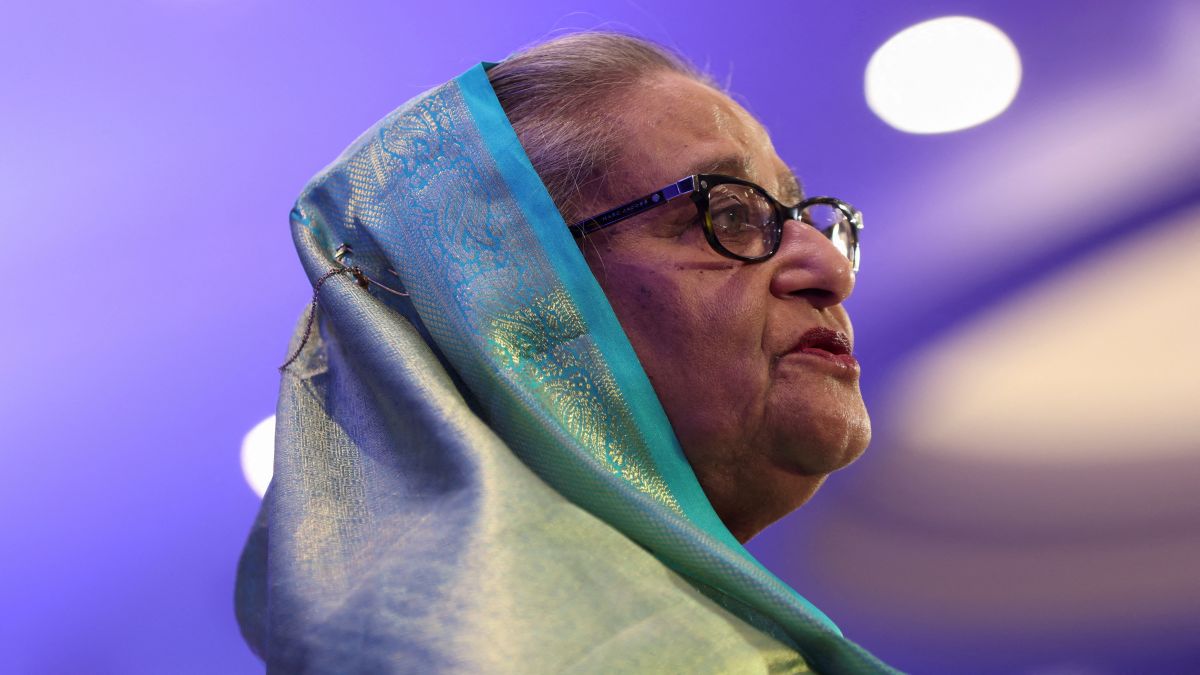)
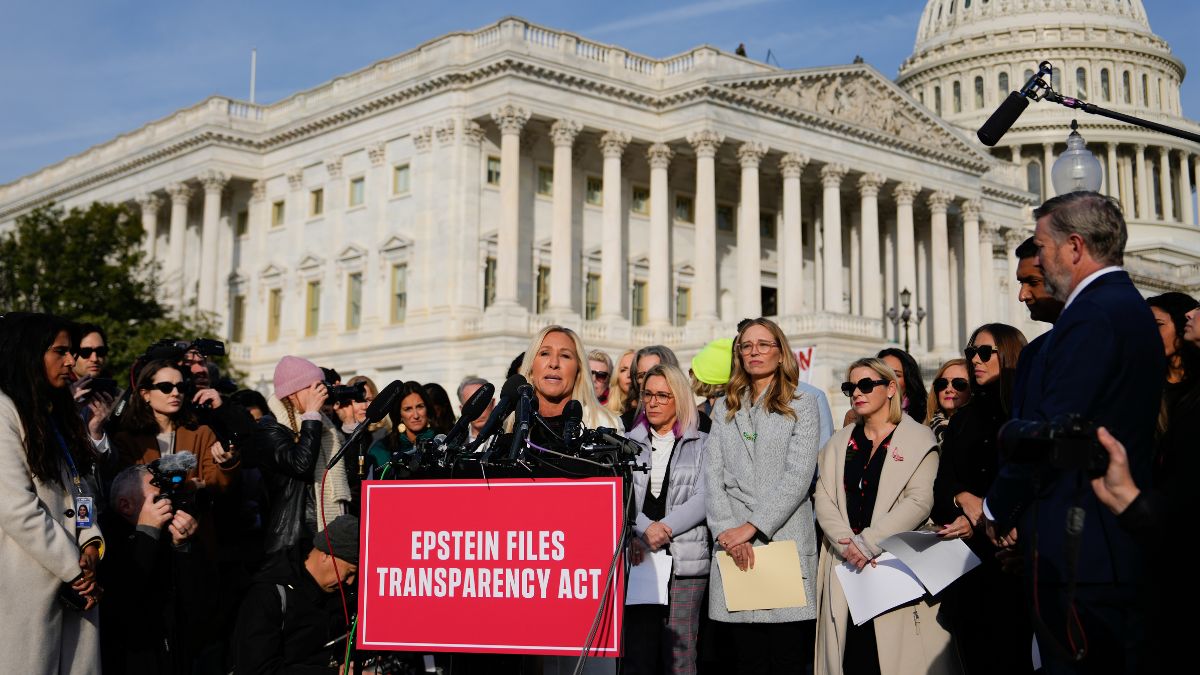)
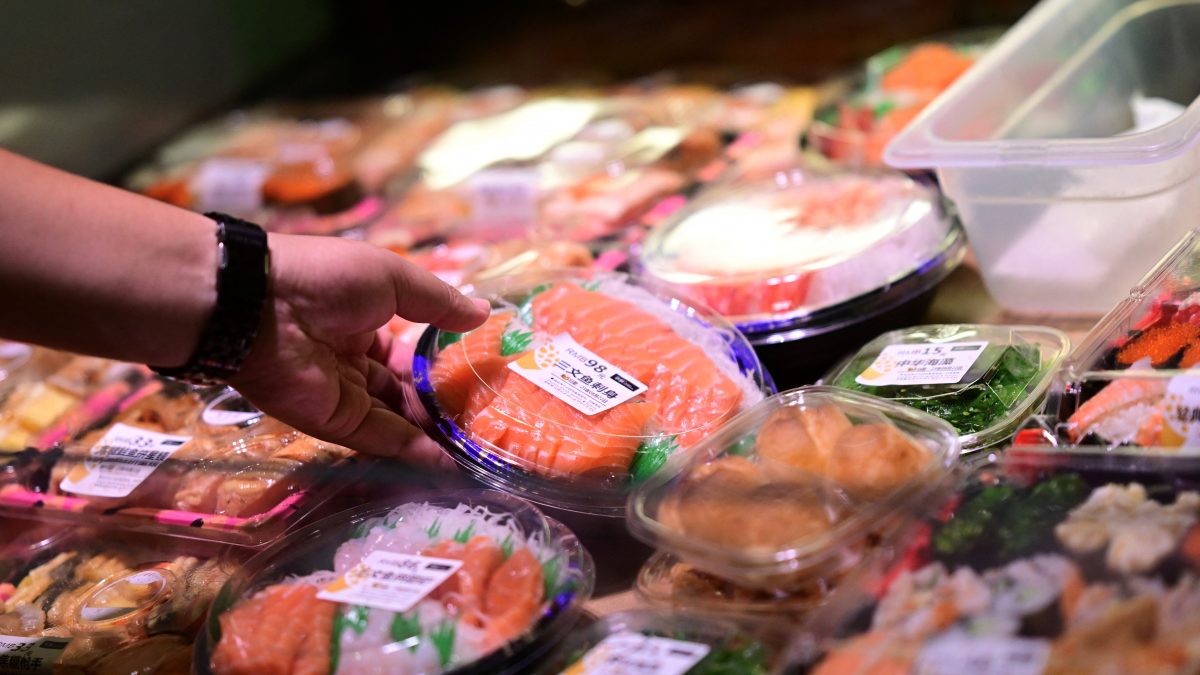)
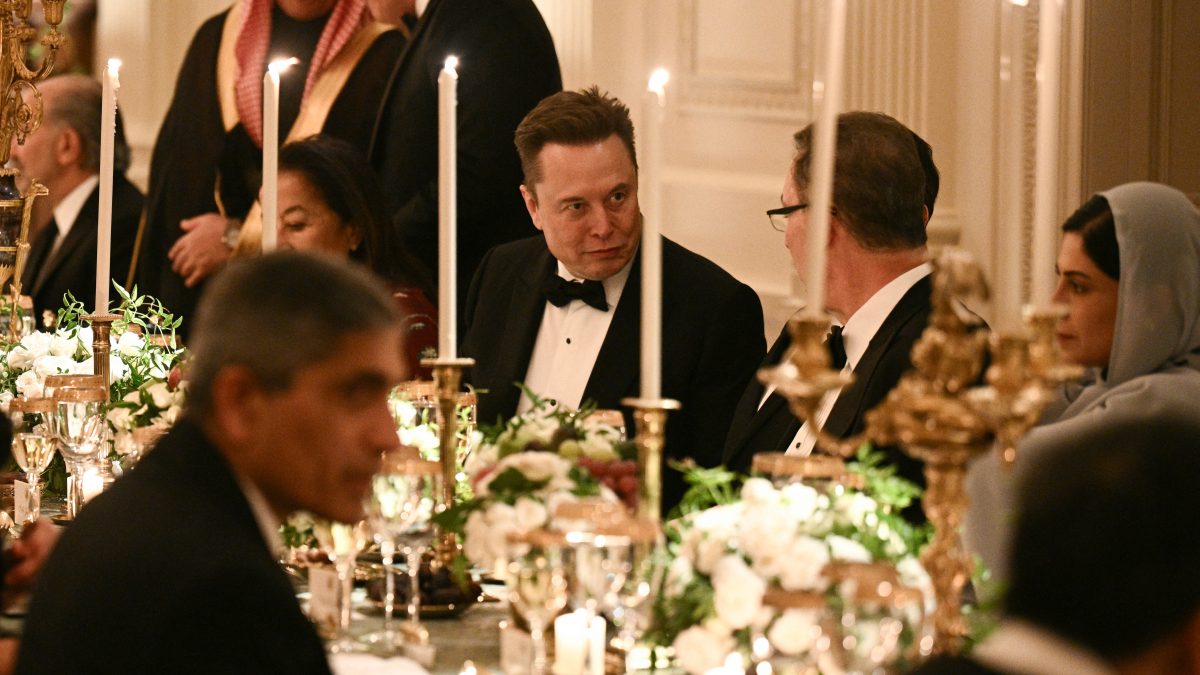)



